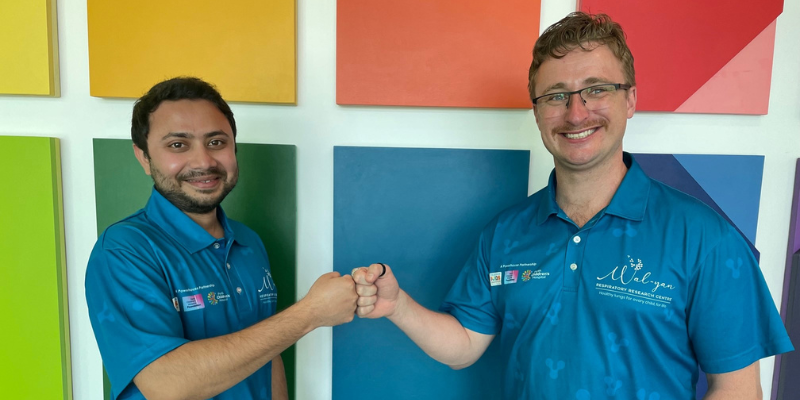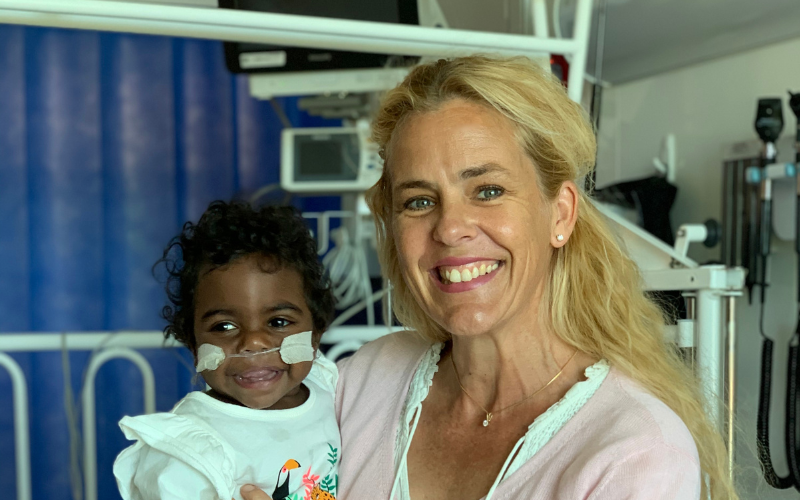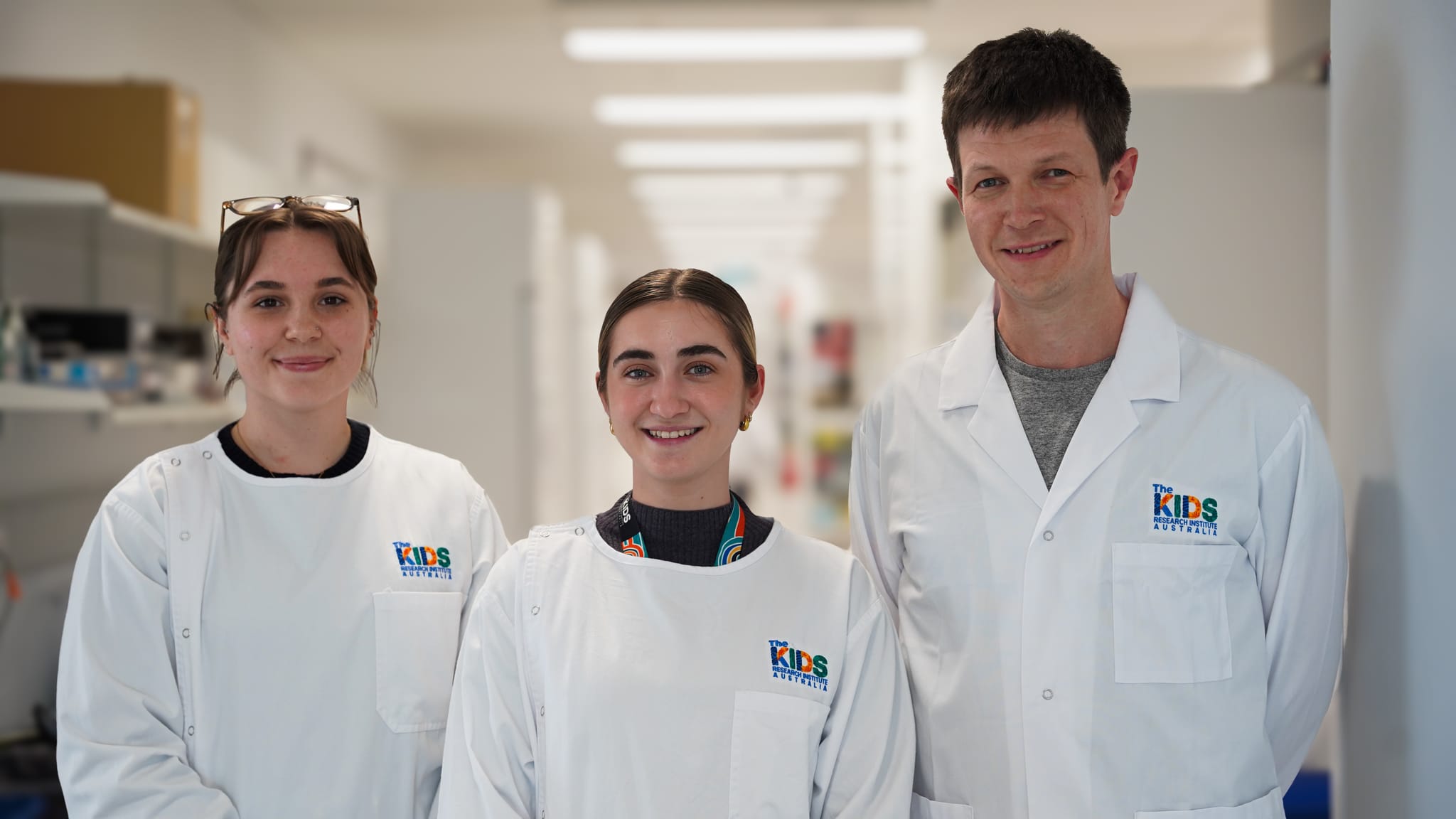Search

News & events at Walyan Respiratory Research Centre.

News & Events
Wal-yan researchers to present at largest respiratory meeting in the worldA large contingent of researchers from the Wal-yan Respiratory Research Centre are heading to Spain in September to participate in the European Respiratory Society (ERS) International Congress – the largest respiratory meeting in the world.

News & Events
Wal-yan Centre scholarship awardees to research interventions for improving lung healthAs part of the Wal-yan Respiratory Research Centre’s aim to support the next generation of scientists in children’s respiratory research, a competitive scholarship program was introduced this year.

News & Events
Lung health of Aboriginal children hospitalised with chest infections improved following co-designed interventionA co-designed and culturally secure intervention to improve medical follow-up for Aboriginal children hospitalised with acute chest infections resulted in higher follow-up rates and improved longer-term lung health outcomes for children.

News & Events
Study unlocks new knowledge about the role of immune cells in asthma flare-upsFlare-ups of asthma are usually brought on by respiratory infections, such as the common cold, and are one of the most common reasons for a child to miss school or require emergency care.

News & Events
Wal-yan respiratory researchers head to Milan to participate in international congressThe Wal-yan Respiratory Research Centre is proud to have a team of researchers taking part in, and contributing to, the outstanding scientific programme of the European Respiratory Society International Congress, taking place in Milan.

News & Events
A new phage discovery in the fight against Antimicrobial ResistanceJack Canning, a PhD researcher in the Wal-yan Respiratory Centre’s Phage WA team, has made a significant finding in the search for alternative treatments to antimicrobial-resistant (AMR) bacteria.

News & Events
Immune patterns linked to childhood asthma riskNew research digs deeper into how children's immune systems handle viral challenges
Development and validation of a miniaturized bacteriophage host range screening assay against antibiotic resistant Pseudomonas aeruginosa

BAL Inflammatory Markers Can Predict Pulmonary Exacerbations in Children With Cystic Fibrosis Background: Pulmonary exacerbations in cystic
